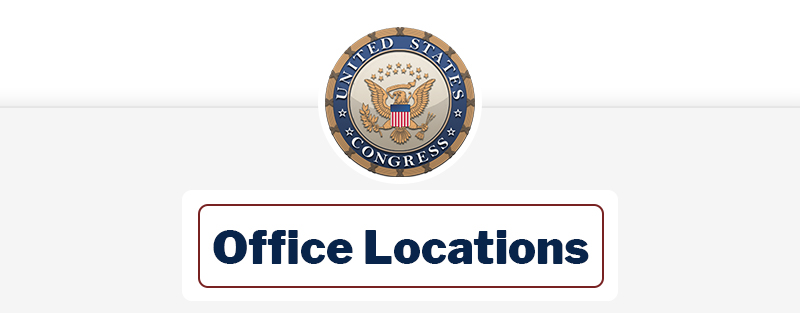On Tuesday, the House considered and passed several bills under suspension of the rules, which I voted in favor of, including:
- The Housing Our Military Veterans Effective (HOME) Act (H.R. 3848) a bill to increase the maximum rate the VA pays to entities that provide housing and services to veterans experiencing homelessness, allowing for VA funding toward food, shelter, smartphones, and transportation for homeless veterans;
- The Elizabeth Dole Home Care Act (H.R. 542) a bill to expand community-based services for aging veterans and improve VA support for veterans and caregivers of all ages; and
- a resolution strongly condemning and denouncing the drastic rise of antisemitism in the United States and around the world (H.Res. 894).
I was a bit under the weather and, at the advice of the Attending Physician of the U.S. Congress, did not participate in votes or committee activity after this vote series. But here is what the House considered the rest of the week:
On Wednesday, the House voted on the Choice in Automobile Retail Sales Act of 2023, H.R. 4468. This bill would prevent the Environmental Protection Agency (EPA) from finalizing its proposed rule establishing new emissions standards on light and medium-duty vehicles. Every five years, the EPA updates these standards. If enacted, this bill would not only prevent the current proposed rule, it would also hinder EPA’s ability to make future rules. (The American Lung Association estimated that the EPA’s proposed rule would create an estimated $63 billion to $280 billion in health benefits and eliminate around 7.3 billion metric tons of carbon pollution.) I voted against this bill when it moved through the Energy & Commerce Committee, but the bill passed the House by a vote of 221-197.
The House also voted on the Defending Education Transparency and Ending Rogue Regimes Engaging in Nefarious Transactions (DETERRENT) Act, H.R. 5922, which would require institutions of higher education to disclose foreign gifts and contracts, restrict contracts and report gifts from “foreign entities of concern”, and require individual faculty and staff to report their foreign gifts and contracts. Although this legislation takes some positive steps, there are provisions in the bill that are potentially harmful to these institutions and their faculty and staff. The bill also conflicts with the ongoing work federal agencies are doing to protect our country’s research institutions. For these reasons the bill passed largely on party lines.
The House also voted on H.J.Res. 88, legislation brought forward under the Congressional Review Act, which enables Congress to disapprove a final rule issued by a federal agency. This bill would nullify the Department of Education’s recently implemented Save on A Valuable Education (SAVE) Income Driven Repayment plan that calculates student loan payments based on a borrower’s income and family size rather than the totality of the loan balance. The SAVE plan is already providing millions of low-income borrowers with a low monthly payment, and this legislation would result in higher payments for student loan borrowers and raise costs for graduates. This bill passed by a vote of 210-189.
The House also voted on H.Res. 914, Censuring Representative Jamaal Bowman. As you may remember hearing, on September 30, prior to a vote on a continuing resolution to avoid a government shutdown, Congressman Bowman (who offices just down the hall from me) tried to exit the Cannon House Office Building through an exit that is usually open but was closed that Saturday. In doing so, he pulled a fire alarm, and the office building was evacuated. In October, Congressman Bowman pleaded guilty to a misdemeanor charge for falsely triggering a fire alarm in a House office building. The censure resolution passed by a vote of 214-191.
As a reminder, you can always find a list of all the votes I have taken for the district on my website.
